Ecosystems
-
 Ecosystems
Ecosystems‘Where Do Camels Belong?’ explores invasive species
Ecologist Ken Thompson takes a closer look at the impacts (or lack thereof) of invasive species.
-
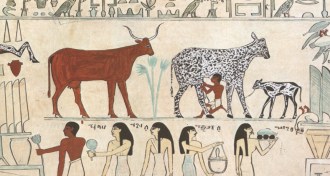 Ecosystems
EcosystemsArtifacts, fossils tell story of changes to Egypt’s animals
Ancient Egyptian artifacts and fossils from the Nile Valley show a correlation between species extinctions and a growing human population in a drying climate.
-
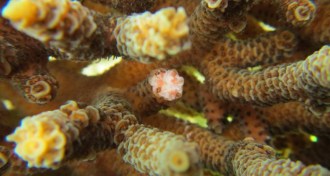 Animals
AnimalsCorals, fish know bad reefs by their whiff
Compounds drifting off certain overgrown seaweeds discourage young corals and fish from settling in failing reefs.
By Susan Milius -
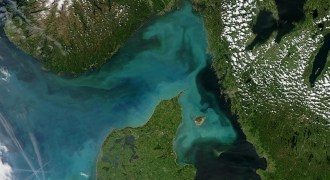 Oceans
OceansViruses might tame some algal blooms
The rapid demise of a giant, carbon-spewing algal bloom points to the influence of viral wranglers.
-
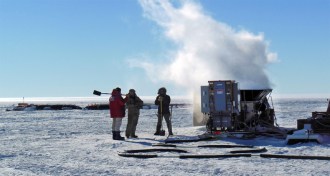 Ecosystems
EcosystemsLake under Antarctic ice bursts with life
Abundant microbes thrive in subglacial lakes deep under the Antarctic ice sheet.
-
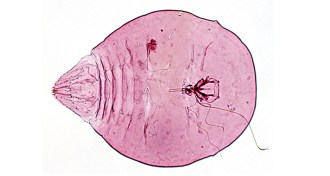 Agriculture
AgricultureKiller bug behind coconut plague identified
A pest has devastated coconuts in the Philippines, and scientists now realize the perp is not the bug they thought was causing the damage.
By Nsikan Akpan -
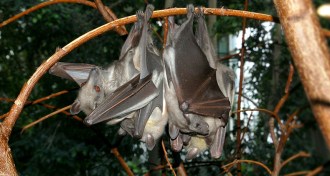 Life
LifeAnimal source of Ebola outbreak eludes scientists
Researchers are trying to determine whether bats or bush meat transmitted the Ebola virus to people in West Africa.
-
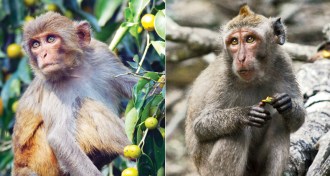 Life
LifeAirborne transmission of Ebola unlikely, monkey study shows
No evidence found of macaque monkeys passing deadly virus to each other.
-
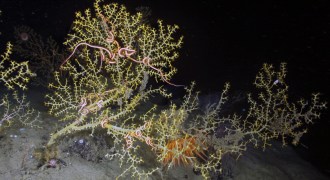 Environment
EnvironmentDeepwater Horizon damage footprint larger than thought
In the Gulf of Mexico, most deep-sea corals have escaped damage from the Deepwater Horizon blowout. However, the impact does extend deeper and wider than previously thought.
-
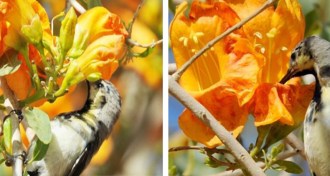 Plants
PlantsThese trees don’t mind getting robbed
Desert teak trees in India produce more fruit after they’ve been visited by nectar robbers.
-
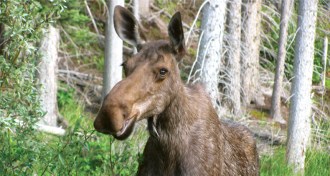 Ecosystems
EcosystemsMoose drool can undermine grass defenses
Saliva from moose and reindeer sabotages plants’ chemical weaponry.
By Susan Milius -
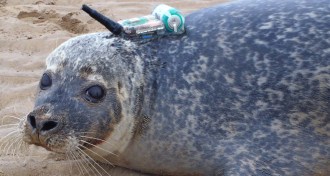 Ecosystems
EcosystemsOffshore wind farms may be seal feeding grounds
Harbor seals were tracked visiting offshore wind farms, probably to find food, researchers say.